I used to think I could never earn more than what my previous employer paid me — but I was wrong. The world is full of opportunities for those willing to take a chance.
Now, I’m earning $52 per hour or more, and I can easily make at least $1,300 a week. Based on my experience, I believe everyone should try working online — it’s a simple and flexible way to earn money. Here's an example:
Www.Richnow1
I Refused to Let My Wife Abandon Our Newborn Daughter, Her Reaction Left Me Numb
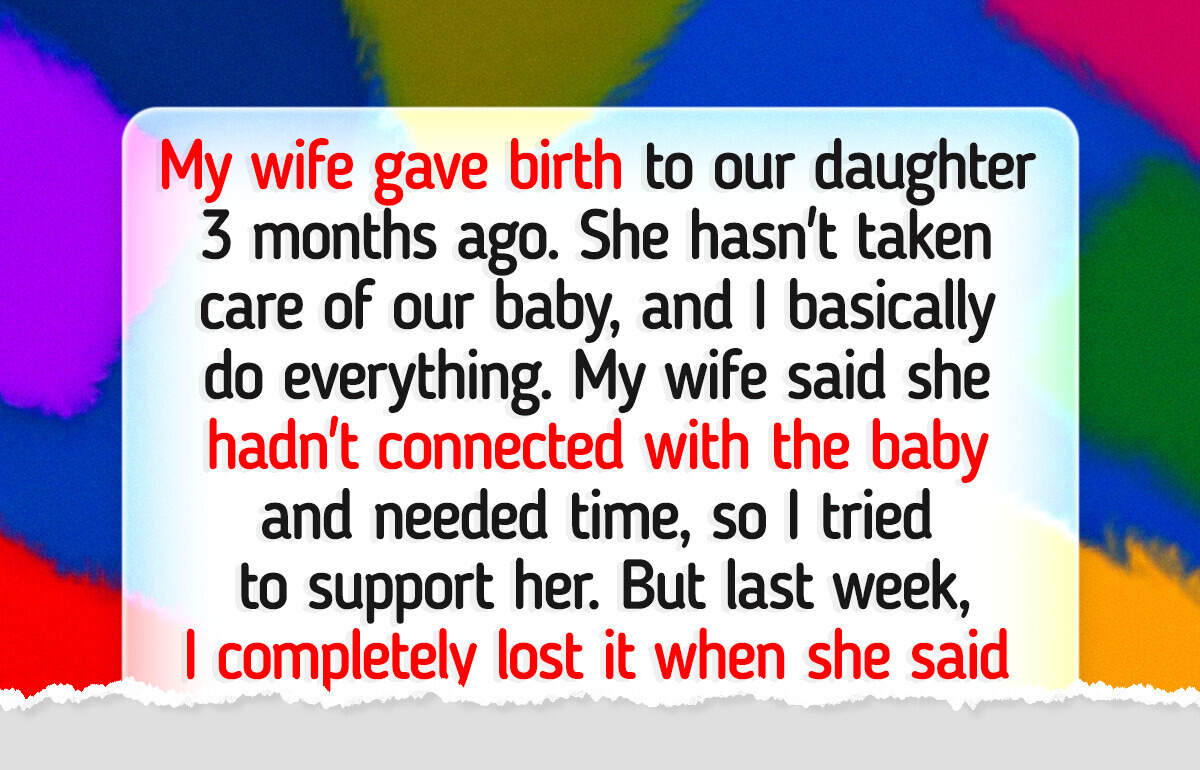
Parenting a newborn is supposed to be a joyful, if challenging journey, but sometimes things take a darker turn. One Bright Side reader wrote to us about how his wife, a new mother, literally abandoned their newborn, creating a near-tragic dilemma.
Content is provided for informational purposes only and is not intended as a substitute for medical advice. Seek guidance from your doctor regarding your health and medical conditions.
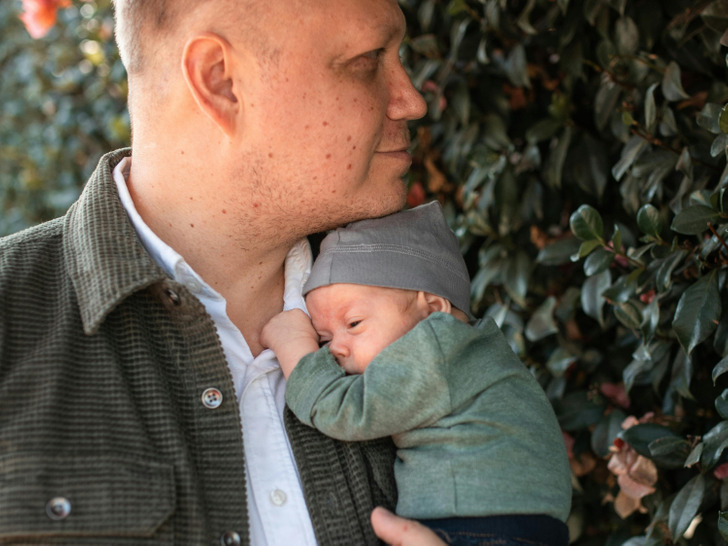
Dear Bright Side,
I am at my wit’s end. My wife gave birth to our daughter 3 months ago. Since then, she hasn’t taken care of our baby, and I basically do everything.
My wife could not breastfeed, so I bottle-feed my baby, and do all the cooking, laundry etc. My wife said she hadn’t connected with the baby and needed time, so I tried to support her. She wouldn’t even pick our daughter up to cuddle her.
I urged her to seek help, but she brushed me off, saying it was OK, and she was sure she’d be fine. Again, I backed off to be supportive. I work from home, so I have been managing, but finally, I told her that three months is enough time, and she needs to do her bit.
I completely lost it when she said that she had no maternal instincts and did not “want” our daughter. We had a fight, and I took our baby to my parents’ house for the weekend, and finally got some rest.

Whatever you do,don’t leave your baby alone with her until she gets help. This sounds so much luck PPD.
When I got back, imagine my shock when she said she wanted to go on a solo trip to “find herself” and would be back in a month. Since she didn’t have savings, she asked me to fund her trip, which I said no to. She yelled at me for being insensitive and flounced out. Later, she called and told me she was at her friends’ house and staying there for a week.
I was so angry, I told her not to bother coming back, and since then, my phone has been flooded with messages and calls from her friends and family for not getting her the help she needed. I feel this is not what postpartum depression looks like, and if it is, I can’t drag her to the doctors’ when she doesn’t want to go.
Tell me, am I wrong? What should I do? I want my daughter to have her mother, but an irresponsible one scares me.
I’m terrified of the future right now.
Tom Dunhill
Dear Tom, what you are going through sounds exhausting, heartbreaking, and isolating. You are doing an incredible job holding things together, but we can understand how overwhelming this is. Here’s what we think is going on, and what you can do.
1. Give yourself a break.

I suffer from depression myself and know what it feels like. I also know how to get it treated. Your wife isn't interested in getting treatment. She only thinks of herself. You've been more than patient with her. Time for a divorce lawyer. Document everything so you'll get full custody of your child.
Since the birth of your baby, you have been shouldering the full weight of parenting, household duties, and emotional labor, all alone. It’s natural for you to be exhausted and resentful. As a husband, you gave your wife, a new mother, the space she needed.
While you tried to be understanding, you also urged her to get help multiple times. Clearly, you have done quite a bit and have now reached the end of the tether. Don’t blame yourself for it.
Seek the help that you need, be it a family member who can take care of your daughter for a few hours every day, or hire a nanny if you can afford to do so. You need to set some hours aside for yourself to avoid burning out.
2. This might be postpartum depression.
The thing with postpartum depression (PPD) is that it doesn’t always look the same. The symptoms that you described, like your wife’s detachment from the baby, her desire to escape, and even the denial that she seems to be in, can point to postpartum depression or postpartum mood disorders. The latter includes anxiety and sometimes, even postpartum psychosis, in extreme cases.
The core problem is not diagnosis; it’s her refusal to acknowledge it or seek help. Unfortunately, this is also an often noticed symptom in mothers with PPD because they either don’t realize the extent of the issue or feel ashamed to seek help.
3. Active steps you can take to resolve this situation.
Your wife is an adult, and you can’t force her to go to therapy or see a doctor. That being said, you can draw strict boundaries to ensure your daughter’s well-being, along with your own.
- Don’t enable her emotional blackmail: Given that you were straight-up honest with her, it’s likely she’s resenting you and painting you as the villain in front of her friends and family. Don’t let her narrative turn into yours, and stop responding to these messages. If someone truly wants to find out and help, they will reach out differently.
- Don’t fund her denial: Her “solo trip to find herself” could be nothing but escapism, and since she’s asking you to fund it, stay firm and refuse.
- Do engage family for support: Reach out to your family and apprise them of the situation so that they can help you with your newborn. You can also contact one of her trusted family members and tell them what the real situation is. See if they can reach out to her so that she gets the help she needs.
That being said, make it clear that while you are not abandoning her, she does need to get help before she can be trusted to be near your daughter. - Do get help, even if it’s for yourself: She may refuse to go to a family therapist, but you can. Get expert advice on how to stage an intervention for her, given you want your wife and the mother of your child back, safe and happy.
- Do document it all and get legal advice: It may sound harsh, but you need to make sure you are legally covered in case the situation escalates. A family lawyer can advise you about custody, and ultimately, the safety of your newborn baby is paramount.
4. Find a balance between boundaries and compassion.
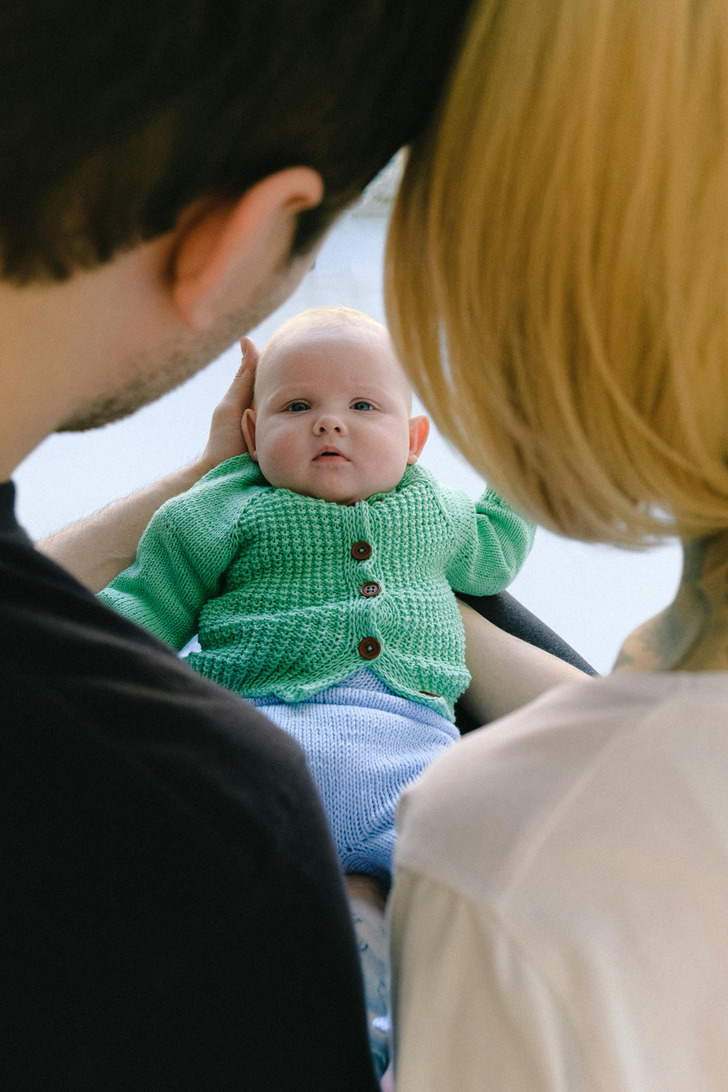
Tell wife can come back home after she seeks help because she's neglecting their daughter. Sounds like PPD and she needs professional help
If your wife seeks the professional help that she needs, it’s a step towards healing and reconnection. But if she doesn’t, then the safety and well-wellbeing of your baby comes first.
Reach out to her, and help her understand that what she’s going through has nothing to do with maternal instincts, but a mental health crisis that you can overcome as a family. All she needs to do is take that first step.
Protecting your children has to be the first priority in case of any family conflict. Here’s another heartwarming story about a stepdad who protected his stepdaughter’s rights, even if it meant a battle between him and his wife.
Comments
Related Reads
My Boss Humiliated Me in Front of Everyone—But I Quickly Turned the Tables

I Said No to My MIL in the Delivery Room—and It Sparked a Family Drama
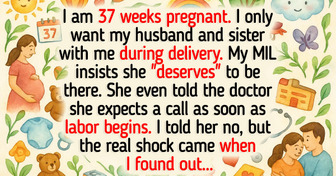
15+ Times an Unexpected Guest Turned an Ordinary Day Into a Scene Straight Out of a Movie

I Refuse to Return My Late Colleague’s Paycheck, Now His Widow Is Furious
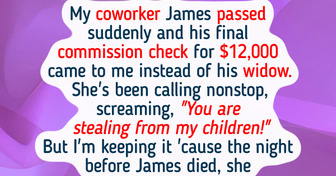
17 Stories That Prove Kindness Isn’t Naive, It’s Courage in Disguise
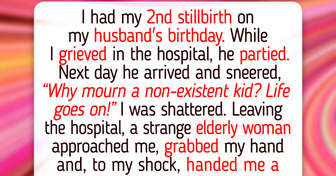
22 Moments That Prove Quiet Kindness Can Work Real Miracles

I Was Fired for Taking Days Off During a Family Emergency
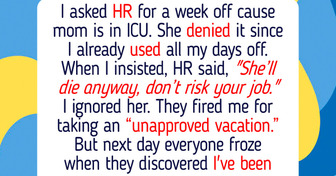
I Refuse to Forgive My Parents After They Took My Inheritance for Being Childless
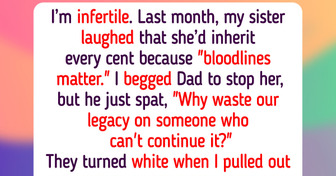
15 Pets Who Made a Mess and Feel Absolutely No Shame

I Refuse to Risk My Son’s Safety to Save My Ex’s Child
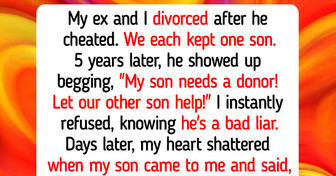
11 Stories of Stepparents Who Chose Kindness Through Tough Times
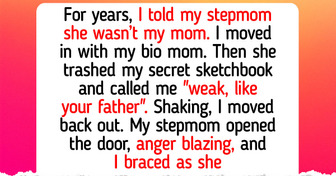
14 Dates That Started Like Movies but Ended Like Sitcoms


